E3 09: How Xbox 360's Natal upstaged Nintendo
How our extensive time with Microsoft's motion tech left us wondering, "What’s a Wii?"
Wait a sec – motion controls? Widening the audience? Remove the barrier between gamers and non-gamers? Didn’t Nintendo do this already, and didn’t we all kind of decide it was a bust as far as hardcore gamers were concerned? Should we even care that yet another company (and then Sony as well) are embracing motion controls? Well, we had a private session with everything Natal has to offer, and here’s what you need to know:
It works as advertised
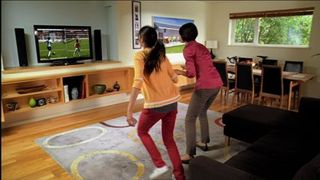
Seriously, it does. They weren’t faking the onstage demo at all (exaggerating and hyperbolizing maybe, but not faking). The first thing we saw in our demo was last year’s Burnout Paradise running with the scanning portion of Natal. We stood in front of the screen, saw our body scanned into the supercomputers and then played Burnout with nothing but our hands.
We simply moved our hands in calm driving movements to steer, put a foot forward to gas, step back to brake, even juked our arm to trigger the Burnout-standard boost. Of course there was an awkward transitional period, but within a few minutes we were zipping in and out of traffic without incident… well, it’s Burnout, so there were actually several incidents. But they were deliberate.
How does it work? In this case, Burnout was tracking our wrists, so our hands could be fists or open, just as long as our wrists were trying to drive. Natal’s also aware that people don’t have three arms, so if a friend walks by mid-game, it doesn’t then start trying to scan new body parts. It’s already tagged you as the controller.
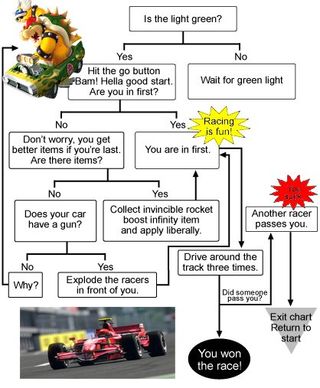
Microsoft said they are not planning on re-releasing old titles with this new technology (a la Wii’s New Play Control series), they just wanted a frame of reference for E3.
The other game we played, Ricochet, displayed a transparent silhouette on the screen that mimicked our real-life movements. It was, for the most part, truly 1-1 with us, though complicated motions don’t translate. For the purposes of this game though, arms, legs, head and body were tracked and used to bash kickballs into crates for points. Crates and points… all this tech and we’re still using crates and points.
It can handle a lot of movement

When Natal’s head honcho Kudo Tsunoda stood up to show us the ropes, he actually told us to back up. Now, we’ve seen our share of Wii waggle, but this time … man, he was all over the room, flinging arms and legs in all directions, trying to return as many balls as possible. When we got up there, Natal enabled us to react to the game as we would if there was actually an armada of balls flying at us (a regular occurrence, by the way), stretching arms for distant ones or headbutting or winding up for a big-finish kick. The motion minigame vibe did trigger some Wii memories of unwanted waggling, but again, as an idea, this worked.
Sign up to the 12DOVE Newsletter
Weekly digests, tales from the communities you love, and more
And after that? Tired. Sweaty. Not a ringing endorsement for gaming maybe, but these demos proved the technology does indeed work. With more time and application, the sports genre could see a whole grip of decent motion-controlled games, plus whatever else devs cook up. Wii Sports could look horribly dated by comparison if it’s all handled properly.
It could out-Wii the Wii
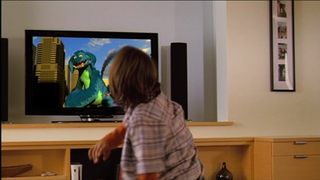
Lets’ be honest here – Wii’s motion controls haven’t lived up to their promises. Even this year with Wii MotionPlus, an add-on device that makes the Wii Remote far more sensitive to motion, the controls feel less responsive than these Natal demos. Granted, Natal is barely off the drawing board and has no full games to play that were built for it, but so far the concept and the tech function as we were told. Which means that even if Natal doesn’t prove useful to the hardcore market, it will enable captivating party games – just like the Wii remote has. If the “casual” market gets wind of it and tries Natal (and has a large living room to accommodate all the movement) the way it has Wii, this could be huge.
That said, part of Wii’s success was its price. Anyone could eat a $250 cost, but Micosoft’s body-scanning laser machine could end up way higher than that (total speculation, but it definitely doesn’t look cheap). So, while Natal may make Wii’s hardware look ancient and crusty, it could end up being too pricey to make as huge a splash. We’re also willing to see what devs do with MotionPlus – it could be that there are some creative ideas for it that we just haven’t seen yet.
Milo %26amp; Kate is way creepy
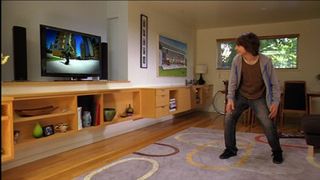
By now you’ve seen/heard about Peter Molyneux’s little-boy simulator and decided it’s um… unique. We didn’t step up and chat with Milo, but we saw Molyneux do so in a private room, displaying the range of Milo’s face and voice recognition powers. He can pick your voice out of a group, even attempt to guess your emotional state by the tone. After a brief introduction, Milo was interacting with people in the room on a first-name basis. Weird. Cool, but weird.
Molyneux stressed that Milo & Kate (Kate being the unseen dog) is a game, with goals and a narrative. Talking with Milo earns you more money to spend on his various pursuits in a slightly Sims-esque fashion, and you’ll see more of his world than a tree and a swing.
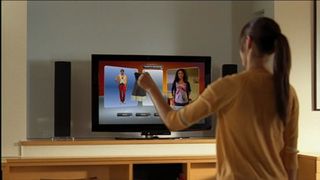
Finally, this isn’t necessarily a game that will ship. All the Natal stuff was concept and may or may not end up at retail. Based on the fact that we saw a mysterious man behind a curtain (possibly monitoring Milo’s vitals), we can hazard a guess that Natal as a whole still needs a lot of time left in the oven.
Now that E3’s big reveal has happened, we don’t expect to see much more of Natal for quite some time. Hell it could even be next year’s E3 before we see more. Until then though, this is everything we know about Microsoft’s latest foray into the mainstream.
Jun 3, 2009
A fomer Executive Editor at GamesRadar, Brett also contributed content to many other Future gaming publications including Nintendo Power, PC Gamer and Official Xbox Magazine. Brett has worked at Capcom in several senior roles, is an experienced podcaster, and now works as a Senior Manager of Content Communications at PlayStation SIE.
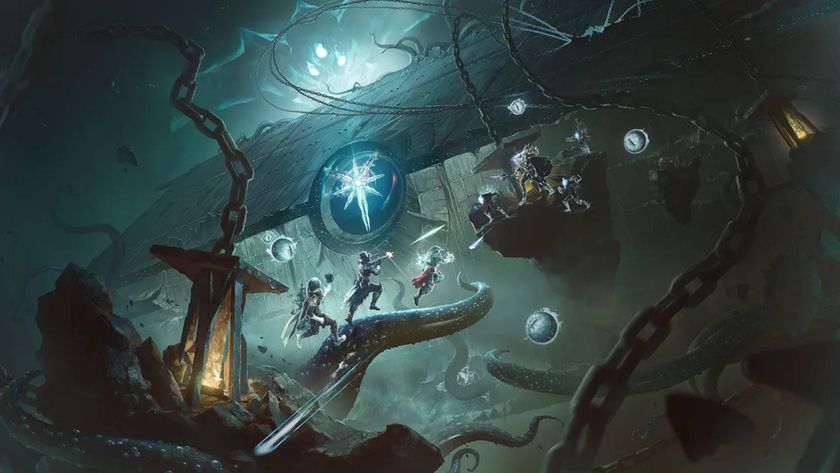
"A fun example of a bug becoming a feature": Destiny 2 accidentally made Exotic Glaives free to all classes, and Bungie says "we're going to let this ride"
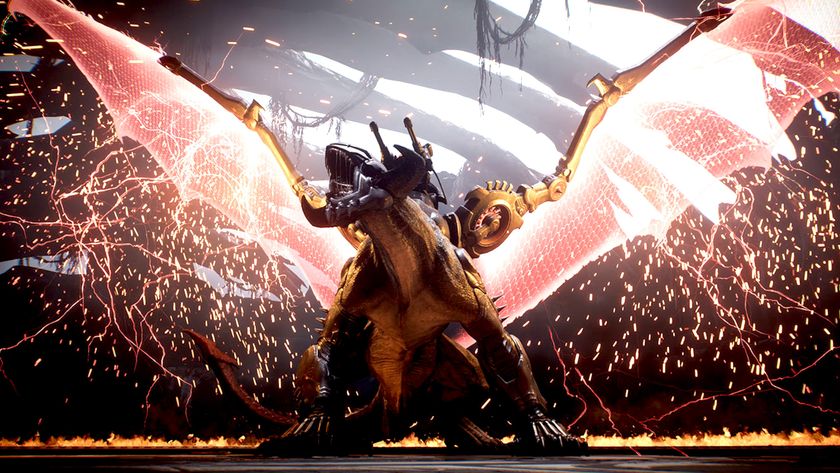
As if hell and demons weren't enough, Doom: The Dark Ages went medieval so id Software "could get more dark and sinister with the tool kit"
Most Popular






